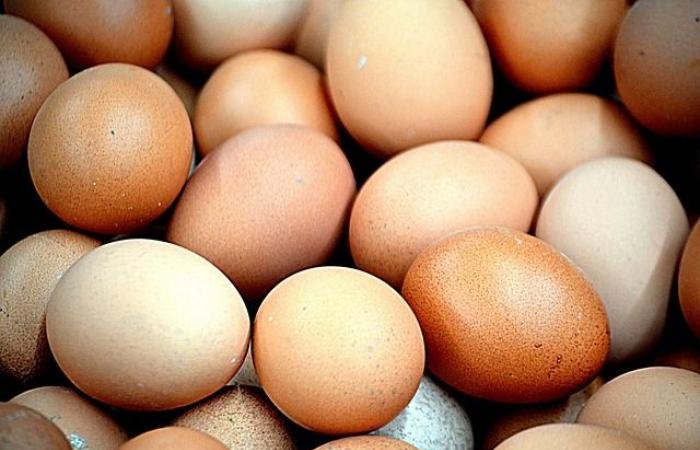Eggs, often criticized for their cholesterol content, but appreciated for their high protein content, can cause confusion about their consumption. So, how many eggs can you eat per week without harming your health? Answer.
Nutritional benefits, but watch out for cholesterol
Although eggs have many nutritional benefits, it is important not to overdo them, especially for those with high cholesterol levels. Isabelle Proudy, dietitian and nutritionist based near Rennes, explains that the recommendations depend on each individual. According to her, “a person without cholesterol problems can consume between eight and twelve eggs per week. On the other hand, if cholesterol levels are high, it is better to reduce this consumption to four to six eggs per week.
The specialist’s recommendations mainly concern egg yolks, as they contain a significant proportion of cholesterol. Note that egg whites can be consumed without any particular restrictions. Preparations including eggs, such as quiches or flans, must however be included in this calculation.
A food rich in protein and essential nutrients
In addition to consumption recommendations, eggs are also a valuable source of protein. Around 12g of protein is present in 100g of eggs. “Their nutritional quality is high, because they contain all the essential amino acids, perfectly adapted to the needs of the human body,” emphasizes the National Research Institute for Agriculture, Food and the Environment (INRAE).
Eggs also offer remarkable digestibility, making them accessible to everyone, including as part of a vegetarian diet, since they provide protein without the need to consume meat or fish. In addition to protein, eggs provide various important nutrients such as iron, vitamin D, vitamin B12 and calcium.
Cooking: a key point to watch out for
As with many foods, cooking eggs influences the preservation of their benefits. Isabelle Proudy recommends favoring gentle cooking, such as soft-boiled or soft-boiled eggs. Cooking for too long risks distorting their nutritional qualities.
The microwave, often used for its speed, can present a risk of overcooking. “It is difficult to control the temperature with the microwave, which can alter the quality of the egg,” warns the dietician, who suggests using it only when necessary. Furthermore, heating eggs in a plastic container could lead to the migration of microplastics into the food, a risk to be taken into account.
Prefer quality eggs
Finally, egg quality is also influenced by the chickens’ diet. Consuming eggs from chickens fed seeds rich in omega-3 is preferable, as these beneficial fatty acids are then found in the egg. Eggs from free-range hens, which have access to grass, are also preferred, although this information is more difficult for the consumer to verify.
Thus, eggs can be part of a healthy and balanced diet, provided you follow the recommendations adapted to your health profile.






